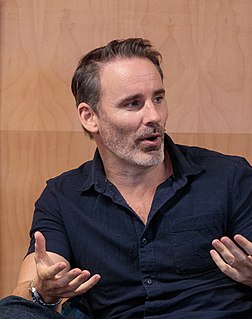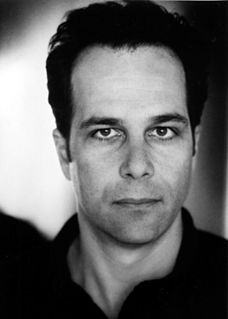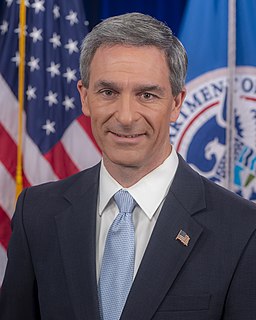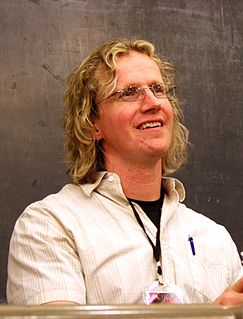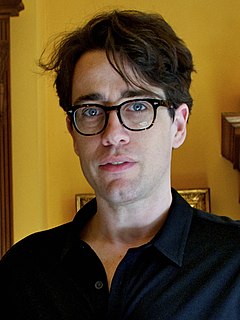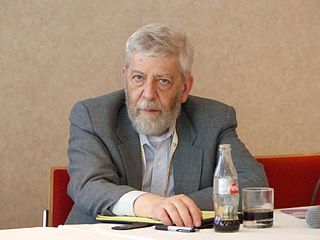A Quote by Marquis de Sade
Murder is a horror, but an often necessary horror, never criminal, which it is essential to tolerate in a republican State. Is it or is it not a crime? If it is not, why make laws for its punishment? And if it is, by what barbarous logic do you, to punish it, duplicate it by another crime?
Related Quotes
The best crime stories are always about the crime and its consequences - you know, 'Crime And Punishment' is the classic. Where you have the crime, and its consequences are the story, but considering the crime and the consequences makes you think about the society in which the crime takes place, if you see what I mean.
He’s bound to have done something,” Nobby repeated. In this he was echoing the Patrician’s view of crime and punishment. If there was a crime, there should be punishment. If the specific criminal should be involved in the punishment process then this was a happy accident, but if not then any criminal would do, and since everyone was undoubtedly guilty of something, the net result was that, in general terms, justice was done.
To punish a man because he has committed a crime, or because he is believed, though unjustly, to have committed a crime, is not persecution. To punish a man, because we infer from the nature of some doctrine which he holds, or from the conduct of other persons who hold the same doctrines with him, that he will commit a crime, is persecution, and is, in every case, foolish and wicked.
The most absurd apology for authority and law is that they serve to diminish crime. Aside from the fact that the State is itself the greatest criminal, breaking every written and natural law, stealing in the form of taxes, killing in the form of war and capital punishment, it has come to an absolute standstill in coping with crime. It has failed utterly to destroy or even minimize the horrible scourge of its own creation.
Executing a murderer is the only way to adequately express our horror at the taking of an innocent life. Nothing else suffices. To equate the lives of killers with those of victims is the worst kind of moral equivalency. If capital punishment is state murder, then imprisonment is state kidnapping and restitution is state theft.




